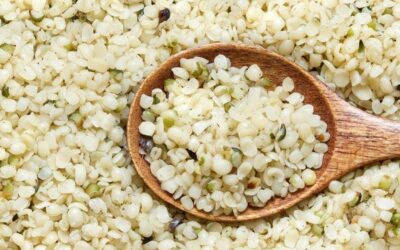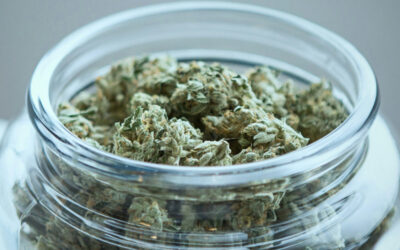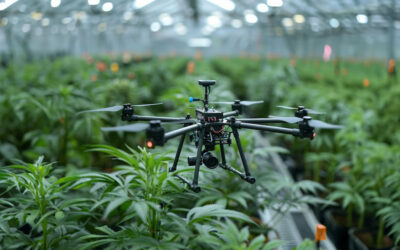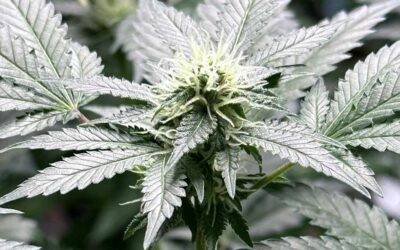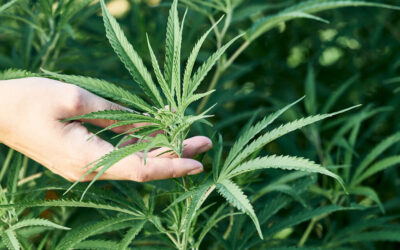
Cannabis and Sports
In recent years, the conversation around cannabis has evolved from taboo to a topic of curiosity and exploration. As attitudes shift and legalisation spreads, individuals are increasingly interested in understanding how this once stigmatised plant can fit into various aspects of their lives, including sports. Combining cannabis with physical activities might seem counterintuitive, but a growing number of athletes are discovering potential benefits that extend beyond the stereotypical stoner image. In this blog post, we’ll delve into the intersection of cannabis and sports, exploring both the potential advantages and the considerations to keep in mind.
Benefits and Considerations
Pain Management
One of the most prominent reasons athletes are turning to cannabis is for its potential pain-relieving properties. Cannabinoids, such as CBD (cannabidiol), have gained attention for their anti-inflammatory and analgesic effects. Many athletes find relief from muscle soreness, joint pain, and chronic injuries by incorporating CBD-infused products into their routines.
Anxiety and Focus
Sports often require intense focus and the ability to manage performance anxiety. Some individuals report that certain strains of cannabis, particularly those higher in CBD and lower in THC (tetrahydrocannabinol), can help them achieve a state of relaxed concentration. However, finding the right balance is crucial, as high levels of THC can sometimes lead to increased anxiety or impaired focus.

Recovery and Sleep
Quality sleep is essential for athletes’ recovery and overall performance. CBD, known for its potential to improve sleep quality, may help athletes achieve a deeper, more restorative rest after strenuous activities. Adequate sleep plays a crucial role in muscle repair, immune function, and mental well-being.
Creativity and Training Variability
Cannabis might open doors to exploring training variability and creative approaches to sports practice. Some athletes claim that cannabis can enhance their sensory perception, allowing them to connect with their bodies and surroundings in new ways. This can lead to innovative training methods and heightened enjoyment of physical activities.

Regulatory and Ethical Considerations
While the potential benefits of combining cannabis with sports are intriguing, athletes must consider the rules and regulations of their respective sports organisations. Many sports leagues, both amateur and professional, have strict anti-doping policies that prohibit the use of cannabinoids, including THC. Athletes must weigh the potential advantages against the risk of disciplinary actions or disqualification.
Individual Variation
Just like any substance, the effects of cannabis can vary greatly from person to person. Factors such as genetics, tolerance, dosage, and consumption method all play a role in how an individual responds to cannabis. Experimentation should be approached cautiously, preferably under medical supervision, especially if an athlete has preexisting health conditions.

A Balanced Approach
In the ever-evolving landscape of cannabis acceptance, the integration of cannabis and sports remains a personal choice, guided by a combination of scientific research, anecdotal evidence, and regulatory considerations. Athletes interested in exploring the potential benefits of cannabis should exercise caution, start with low doses, and prioritise safety above all else. Consulting with healthcare professionals, and coaches, and adhering to the rules of their sport is crucial to maintaining a responsible and balanced approach.
As the stigma surrounding cannabis continues to erode, more research will likely emerge to shed light on its potential benefits and risks for athletes. Until then, those who choose to incorporate cannabis into their sports routines should do so with mindfulness, staying attuned to their bodies and performance to determine what works best for them. Whether it’s finding relief from pain, enhancing focus, or promoting recovery, the journey of combining cannabis and sports is a personal voyage that requires careful consideration and responsible experimentation.






